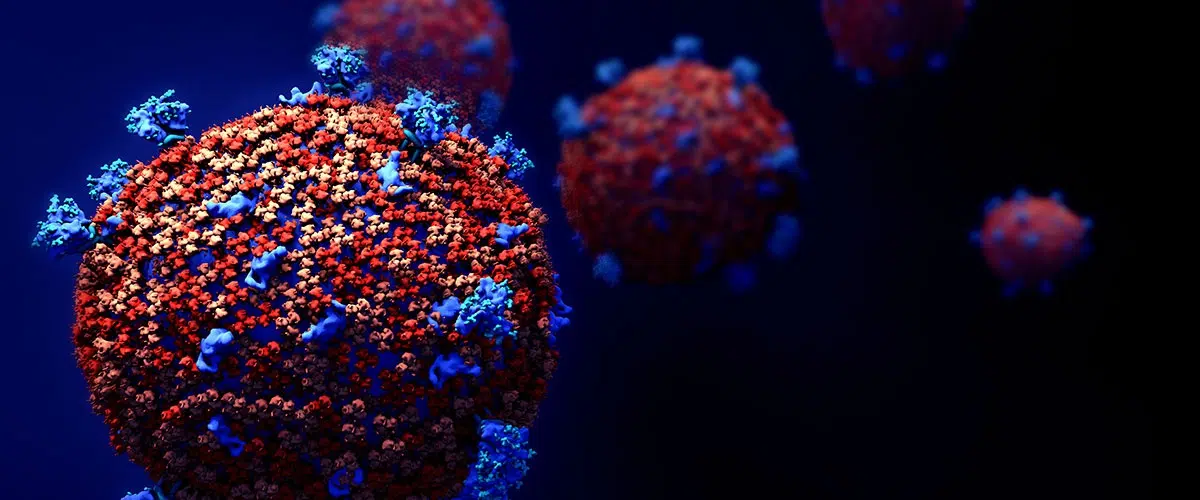MADISON, WI (WTAQ) – Wisconsin is getting more than one-point-seven-million COVID-19 antigen tests from the federal government.
Typical COVID-19 swabs are sent in for PCR (Polymerase chain reaction) tests. Antigen tests are a bit different.
“Those [PCR] are highly accurate, but also very resource intensive and require a complex laboratory set up to do,” said Bureau of Infectious Disease Dr. Ryan Westergaard. “Antigen tests are advantageous and they don’t require all that equipment or instrumentation. They are simple. They detect a protein of the virus directly.”
So what’s the point of having different tests?
“The point-of-care antigen testing can get that result relatively quickly within a few minutes,” Westergaard explained. “Highly advantageous from a rapid turnaround perspective. The disadvantage is the accuracy.”
While Westergaard says they aren’t terribly inaccurate, but when compared to the highly accurate PCR tests – they can steer tracers in the wrong direction.
“[We] have to be smart about how we use them and have the capacity to back them up and do confirmatory tests when they’re giving answers that we are not expecting,” Westergaard told WTAQ News. “Someone that has a strong clinical suspicion of COVID-19, they have all the symptoms and they have an antigen test which is negative, sometimes we do a backup test with the PCR.”
But if they’re not as accurate as a PCR test, why use them at all?
“They’re also much more inexpensive and easy to manufacture. So the hope is that they are going to proliferate and we’ll have a lot more than we can use in different settings,” Westergaard said.
The speed of the antigen testing could also prove to be vital for key industries and facilities, like hospitals.
“[If employees] need to go into quarantine, they can’t be at work. If you can deploy antigen tests for a quick turn testing to help them manage those staffing shortages and minimize them to the degree possible with this kind of test, that’s a really important use of that asset,” said Department of Health Services Secretary-Designee Andrea Palm. “Diversity in that testing is important as we think about supply chain shortages and other issues that we are seeking to balance and make sure that Wisconsinites have access to tests.”
The state has already received an allocation of antigen tests. About 600,000 were sent directly to nursing homes, while the state distributed about 300,000 more to hospitals – particularly those in areas with outbreaks and significantly higher numbers.





